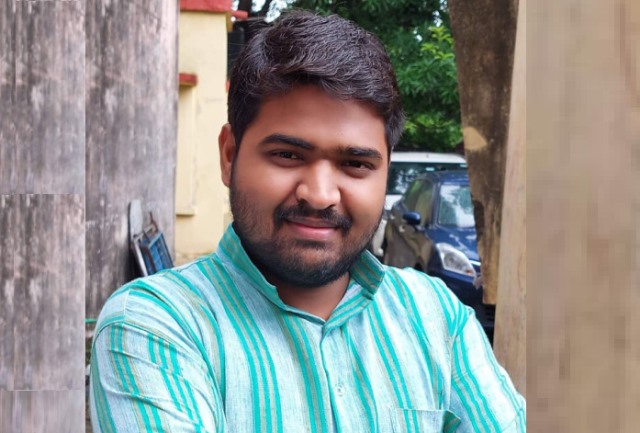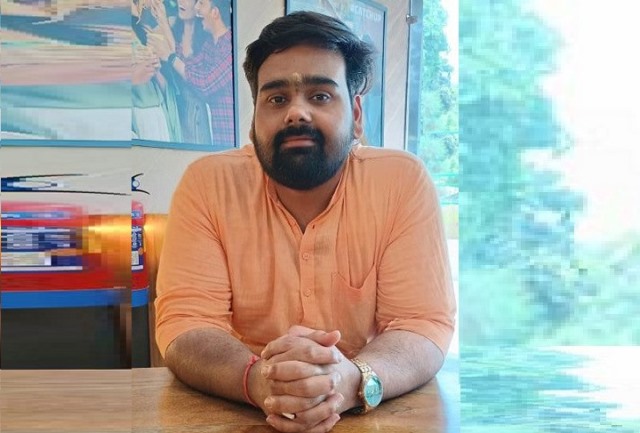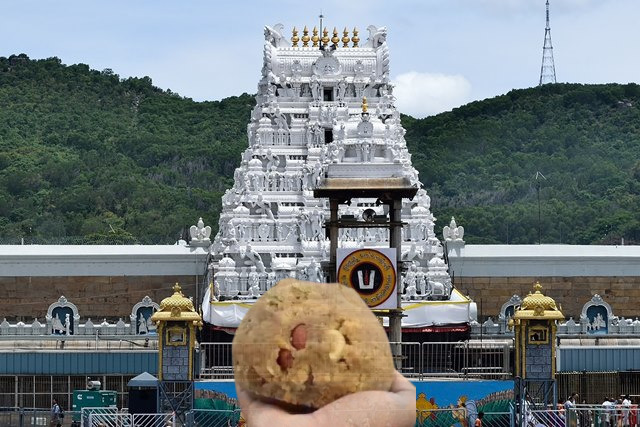Harshwardhan Singh, a research fellow of the Mahayogi Guru Sri Gorakshnath Shodhpeeth, DDU University, Gorakhpur, says Hindu Temples should be free of any government intervention. His views:
The use of adulterated ghee in the preparation of the Tirumala Shrine prasadam (laddu) has not only hurt the religious sentiments of the Hindus but also exposed the lethargic approach of the local administration and the state government towards the faith and beliefs of majority community in the country. It has been a long pending demand of our religious leaders and the Hindus in general to free temples and other religious platforms from the clutches of the government and district administrations. The Tirupati laddu controversy has once again rekindled this demand.
When other religions are free to manage their places of worship and their day-to-day functioning, why must Hindus only remain in state shackles? Clearly, the real reason is money. For the state, temples and shrines are merely a money-making machine. They are least bothered about the faith of the devout who visits these places. Do you think that matter could have been hushed up so easily if a similar sacrilege had happened with the beliefs of any other religion, such as Islam for example? There would be violent protests on the streets.
As far as the preparation of prasadam is concerned, strict SOP (standard operating procedures) must have been in place under the supervision of the temple priests who value the ritualistic importance of preparing the prasadam. Other functions of the temple too must be performed in adherence to the religious protocols to prevent tampering with sacred offerings. If the government fails to do so, it must step aside and hand over the reins to a religious trust or board, which in turn would enforce stringent inspections of the material being used and sourced by the temple authorities.
The Tirupati row has also exposed what organizations like VHP have been opposing since long. The VHP has many a times demanded that control of temples to be given to societies comprising the seers and priests of the temples. Lately, the Andhra Pradesh deputy chief minister, Pawan Kalyan, too has called for the constitution of a ‘Sanatana Dharma Rakshnana Board’ to manage the affairs of the temples countrywide. The central government should pay heed to these demands.
ALSO READ: Tirupati Row Proves That Govts Must Stay Out Of Temples
Just have a look at the members of the board that used to govern the temple in the previous government. It comprised non-believers (read non-Hindus). Would you allow similar practice in managing, say, a Gurdwara or mosque? Why should people who do not have faith in Hinduism head or control the boards meant for managing temples? Just have a look around the world and you will not find any of the religious places being controlled by the governments. But the Hindu faith is taken for granted in the nation of its own origin.
The entire episode bluntly reflects only one thing: That it was a deliberate effort to hurt the sentiments of the Hindus and time has come for such disgusting acts to stop. The patience of the community should not be tested with such such horrible acts. I would also like to call upon fellow Hindus to unite once and for all and use this unfortunate controversy to their advantage this time.
For more details visit us: https://lokmarg.com/
As told to Rajat Rai


